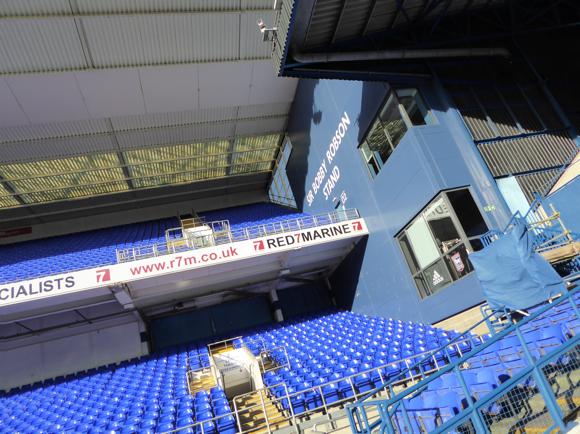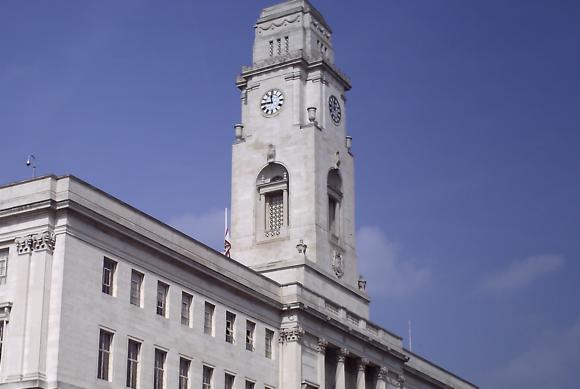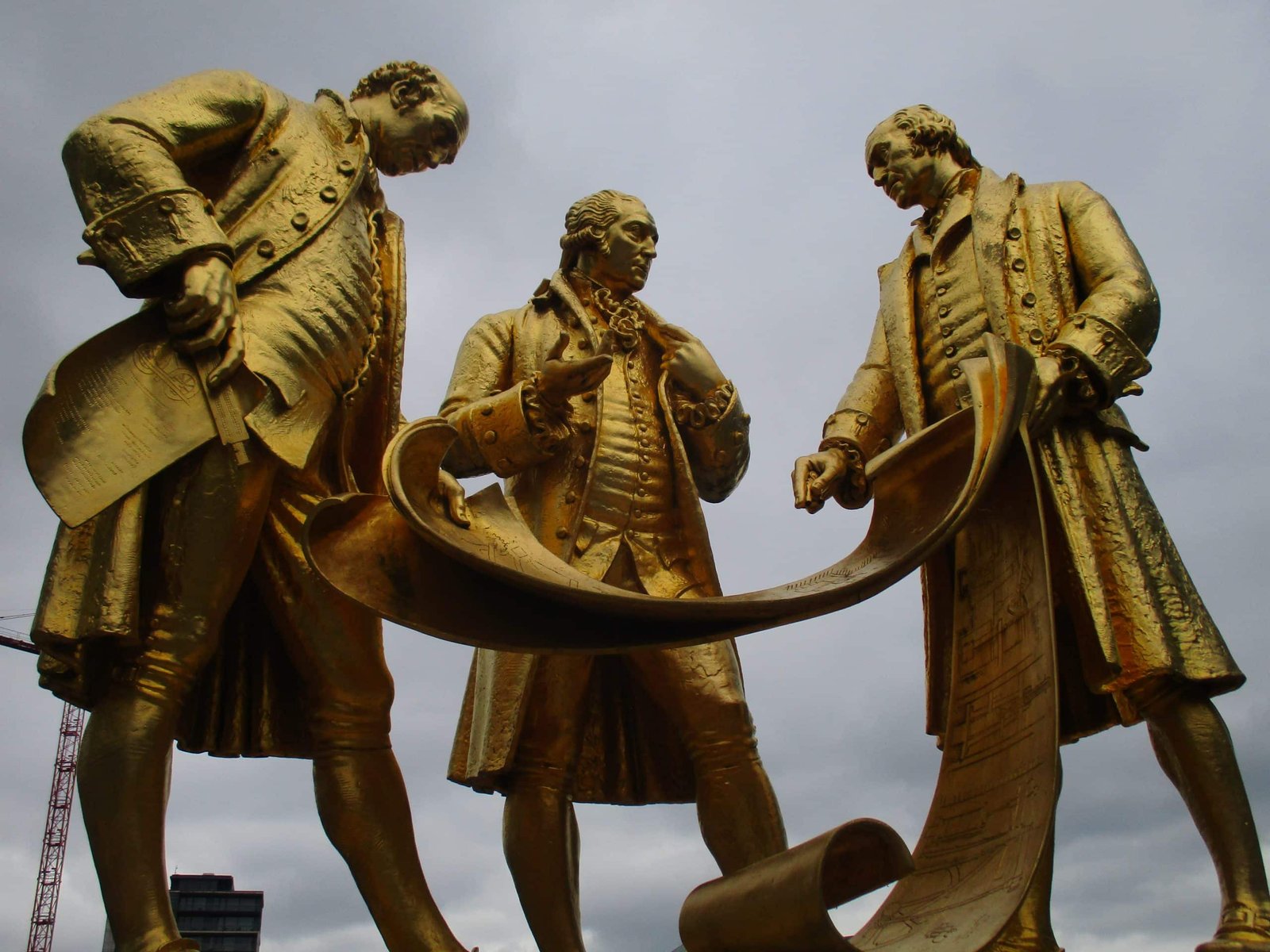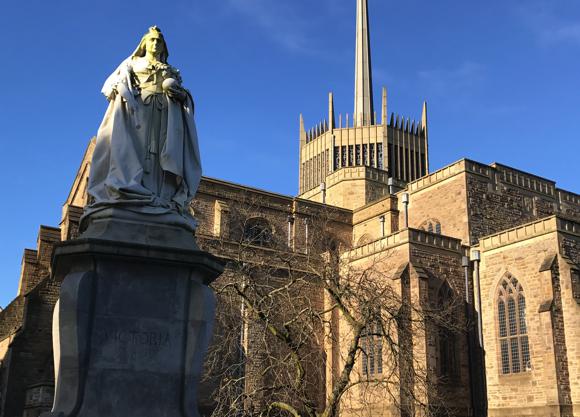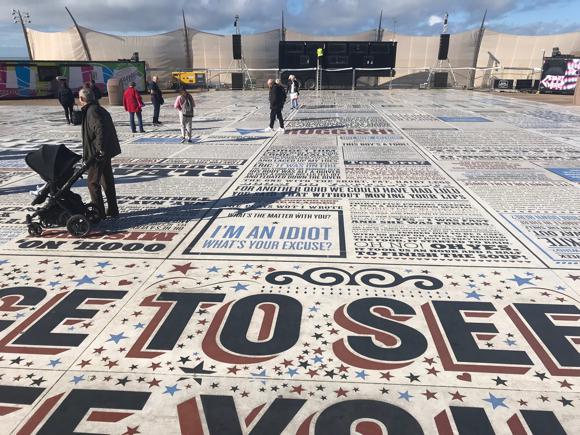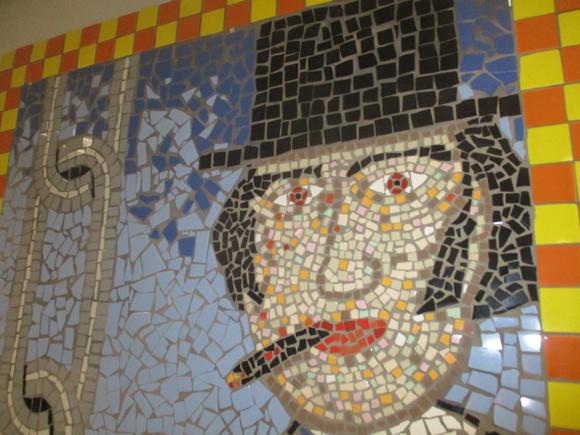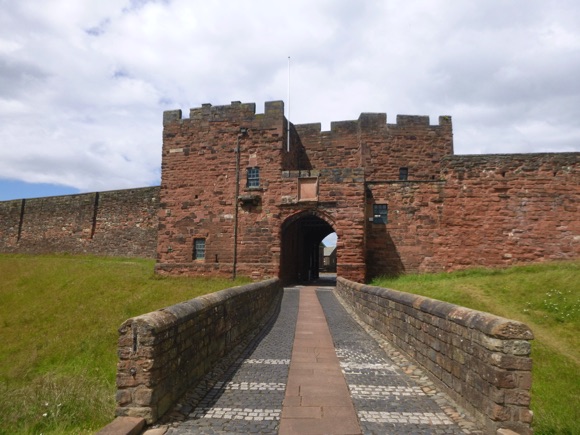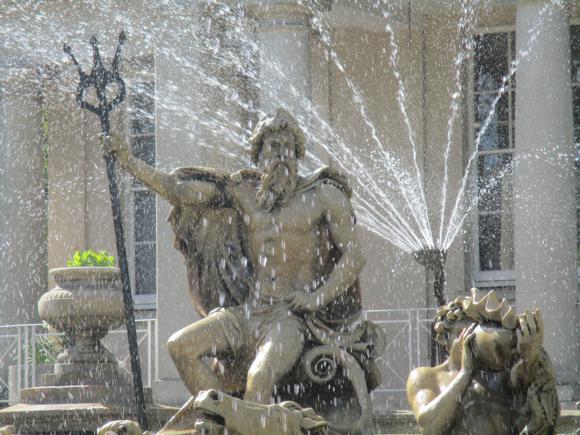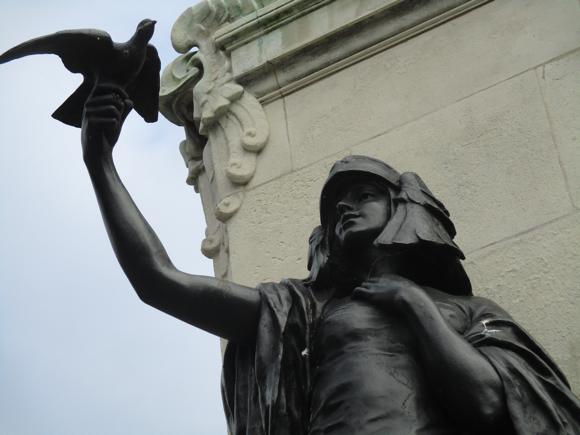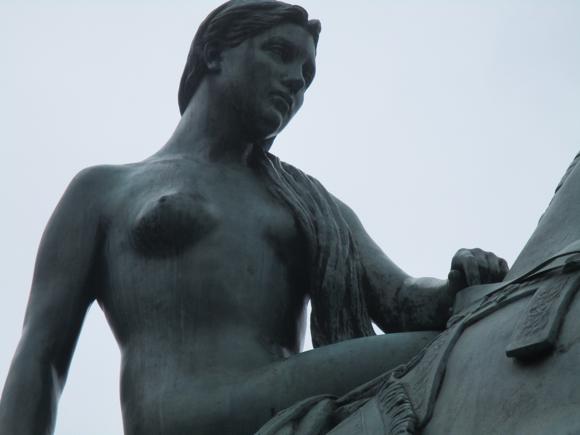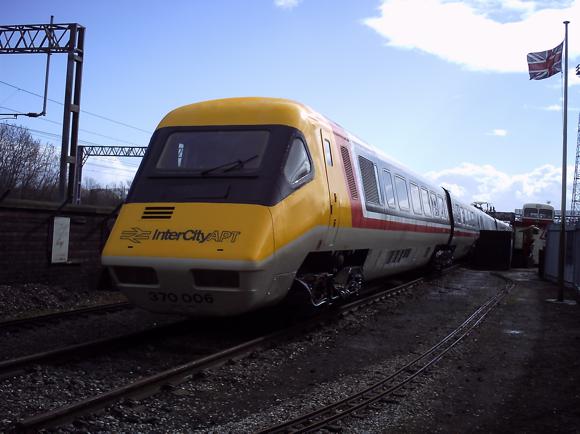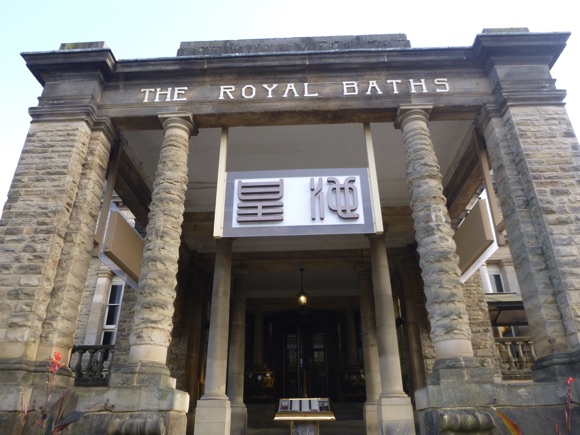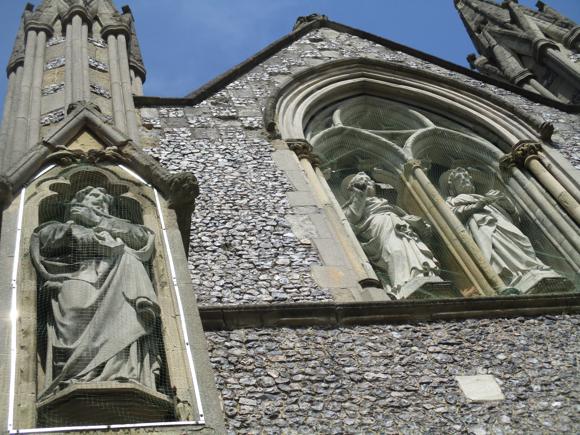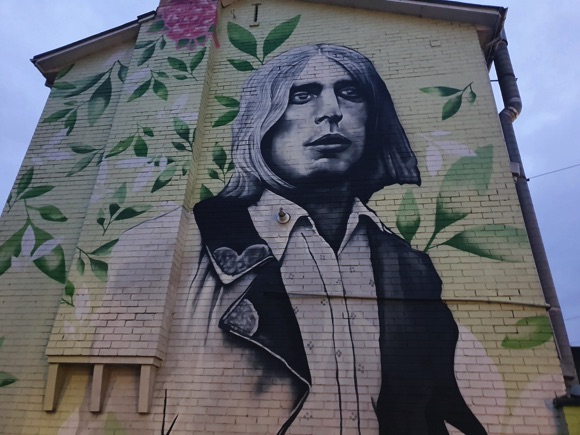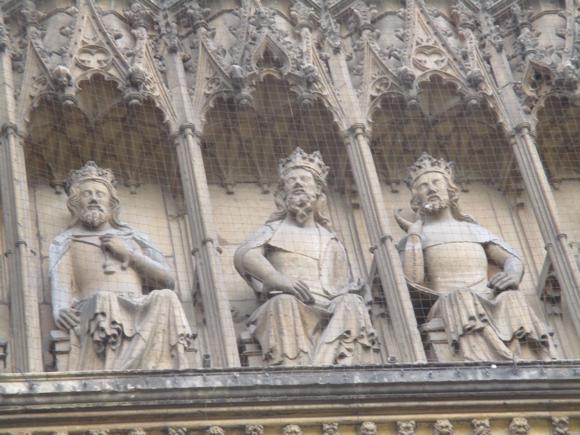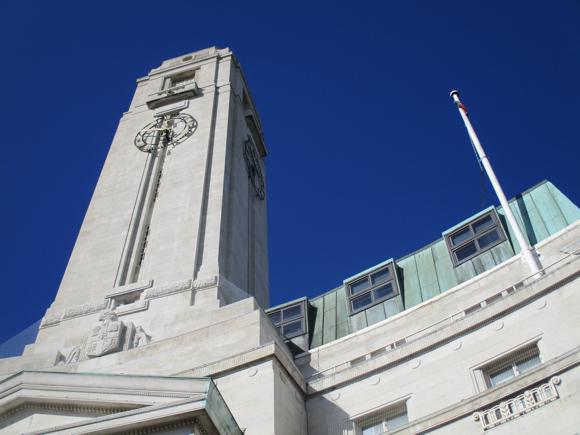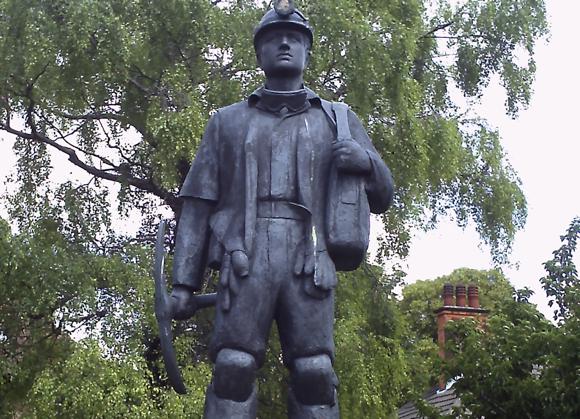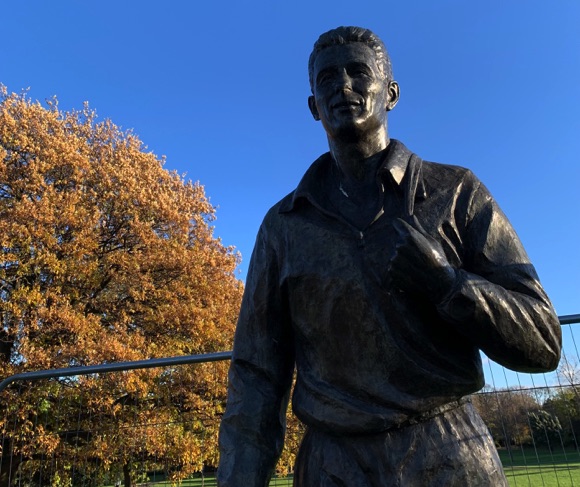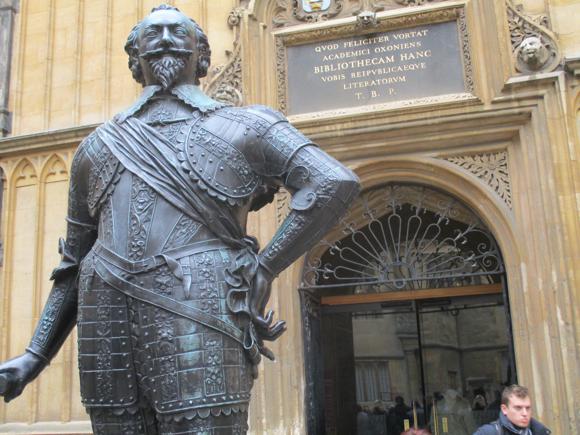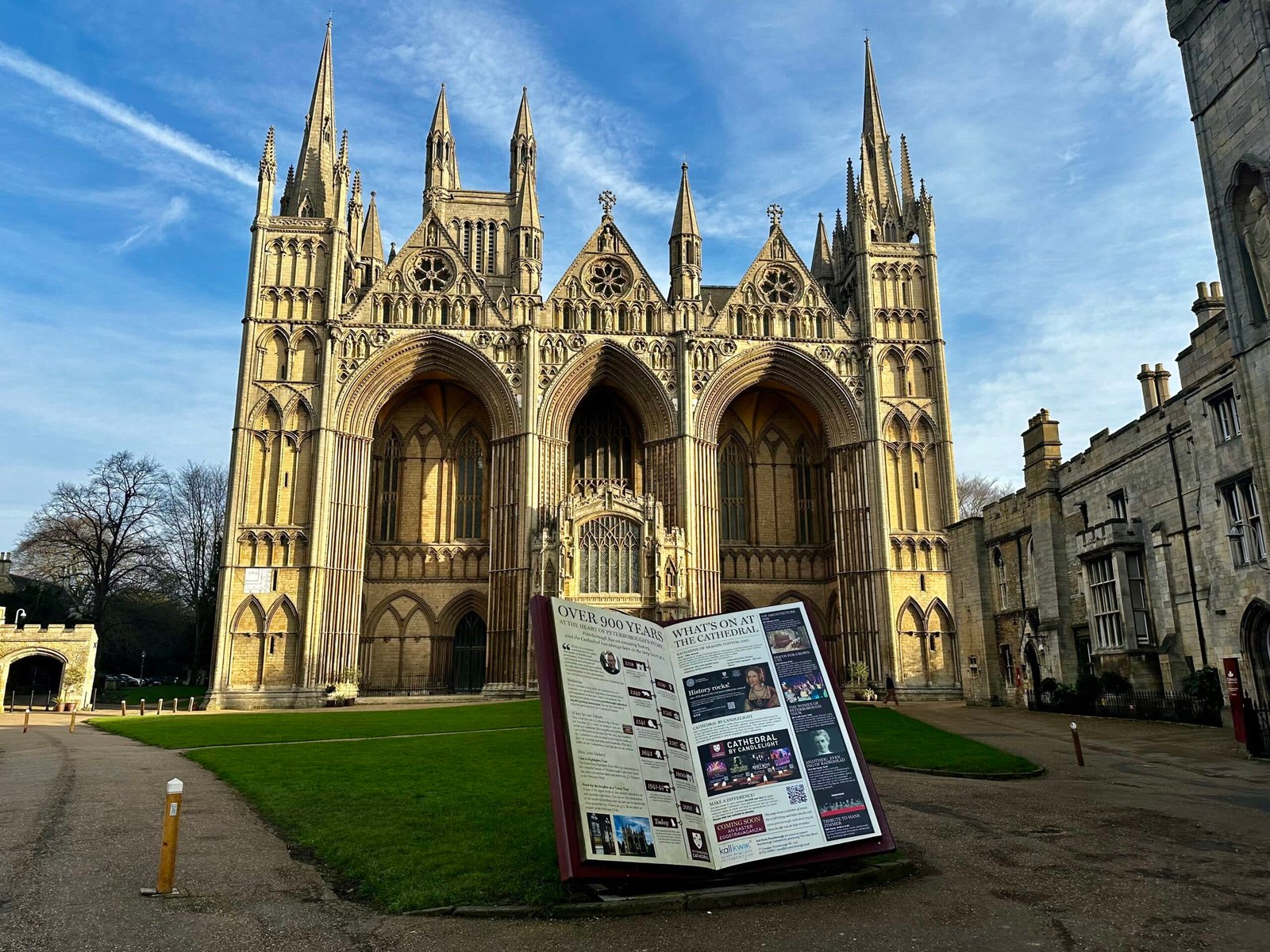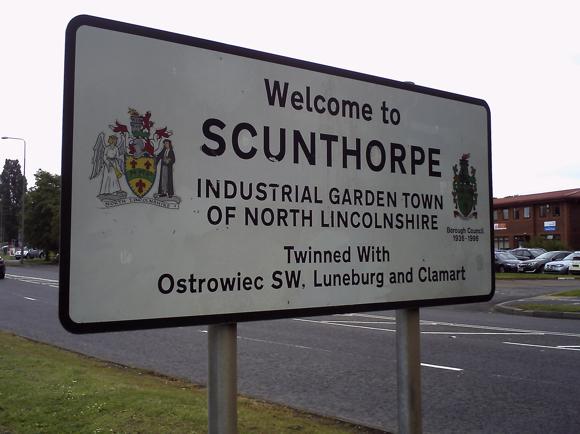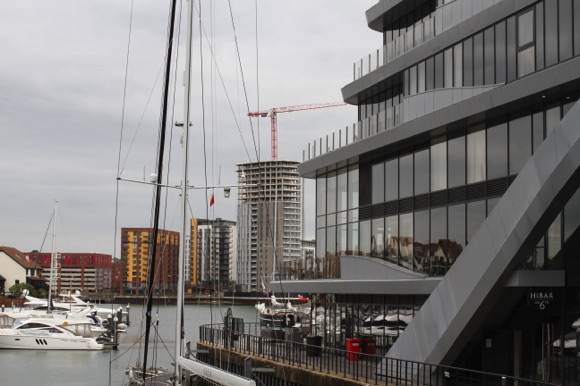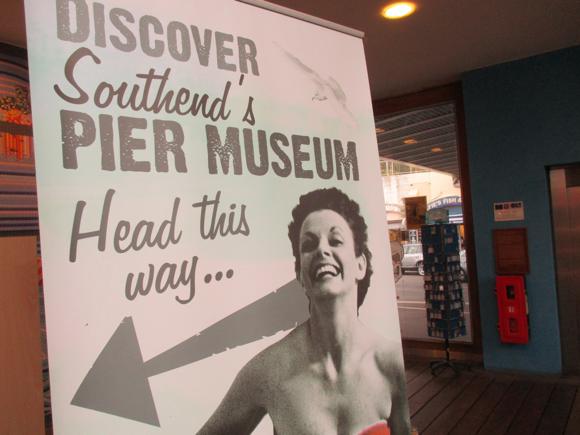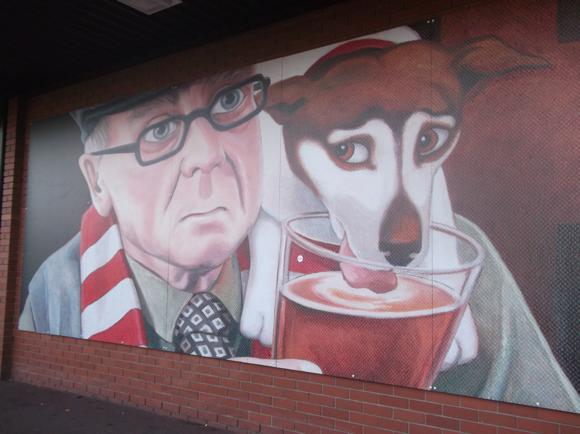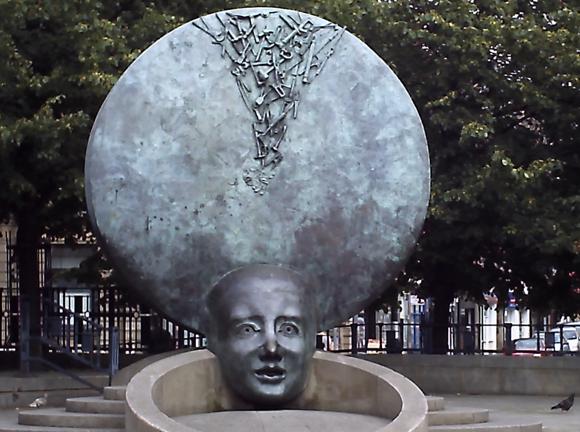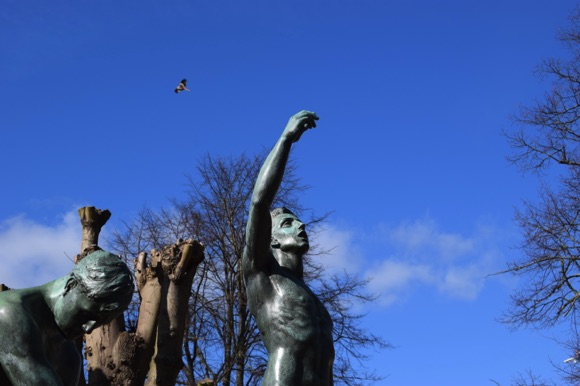Teams, tales and tips – a guide to the local game
Satirised by Chaucer, namechecked by Shakespeare and described by Dickens, the Suffolk county town of Ipswich has traditionally been represented by a suitably old-school football club.
Ipswich Town won their only major honours to date – a league title, an FA Cup and a European trophy – under two gentleman managers, Sir Alf Ramsey and Sir Bobby Robson, one later a World Cup winner with England, the other a semi-finalist.
But a slow decline under sports hospitality mogul Marcus Evans led to relegation into the third tier in 2019 and the club being sold to a US consortium two years later.

Back in the day, the old-school tie approach prevalent here didn’t particularly find favour in grittier industrial hubs of age-old football lore. As the punk bard of Manchester, Mark E Smith, famously put it: ‘You can’t captain the England team unless you’re a prefect or you’ve played for Ipswich’.
Founded, indeed, by former pupils of Ipswich School, who had learned the game while private boarders at Charterhouse, the club elected as first president local MP and erstwhile Chargé d’Affaires in Baden-Baden: Thomas Cobbold.
The Cobbold dynasty had run the local namesake brewery since the 1700s and would oversee this new sporting venture along similar lines, passing power from generation to generation – from Thomas to Nathanael Fromanteel Cobbold to John Dupuis Cobbold, and so on – and always with a free-flowing drinks cabinet in the boardroom.

In 1936, John ‘Captain Ivan’ Murray Cobbold, successor to Herbert Jervis-White-Jervis, met Arsenal chairman Sir Samuel Hill-Wood while out shooting with King George VI at Sandringham. Invited to Highbury, Captain Ivan Cobbold was inspired to transform his eminently amateur club into a professional one.
Still sticking to strict principles of fair play, the ice bucket filled with champagne for the manager at full-time win, lose or draw, the Cobbolds steered a happy ship for seven decades. Hiring Alf Ramsey in 1955, they celebrated their club rising from the Second Division to win the First within one season in 1962. Hiring Bobby Robson in 1969, they remained patient through initial mediocre years to see him win the FA Cup in 1978 and UEFA Cup in 1981.
Chivalrous enough to let both accept football’s highest job, the Cobbolds were personified by the enlightened stewardship of ‘Mr John’, an old Etonian who became a club director at 21 and chairman at 29. John Cobbold chaired Ipswich from the Ramsey era to the Robson one, while a production line of players came through from the youth team to the first – and then onto England honours.
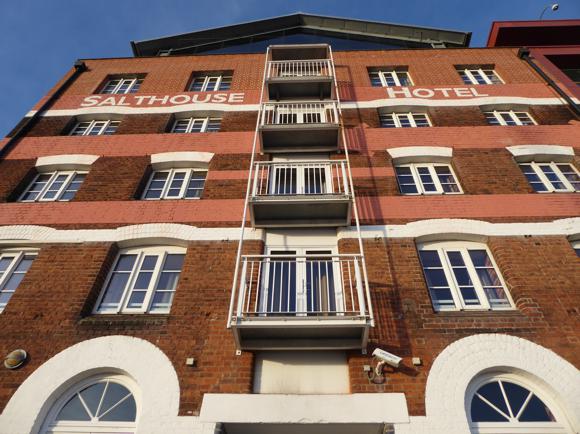
‘Mr John’ passed on chairmanship to younger brother ‘Mr Patrick’ in 1976 but lived long enough to raise a glass to the club’s last major honour in 1981.
The new century meant a new broom. First, the Cobbolds sold the family brewery in 2002 then, five years later, the football club to Marcus Evans, behind high-profile global sports and business events. On the pitch, however, his Ipswich were hardly high-flyers, perennially stuck to mid-table in the Championship. Two unsuccessful play-offs in 15 second-tier seasons included a bitter defeat to Norwich, their eternal local rivals in the Old Farm Derby.
Once Ipswich sank to the third tier in 2019 – a first since 1957 – the writing was on the wall. In 2021, Evans reluctantly sold to US investor group Gamechanger 20, turning Ipswich from a chumocracy into a commodity.
Getting Around
Arriving in town, local transport and timings
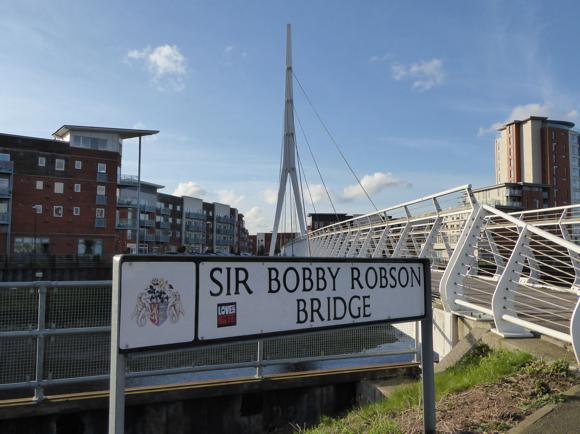
The nearest major airport to Ipswich is Stansted, 85km (53 miles) away. National Express buses run to Ipswich (online £17, 1hr 45min journey time) every 2-4hrs.
Local company Avenue Taxis (01473 888 888) charges £85-£100 to Ipswich from Stansted and offers other transfers too.
Ipswich train station is just across the narrow River Orwell from the town centre, a short walk from the stadium. The main Cattle Market bus station is in the centre, alongside the focal shopping centre, the Buttermarket. From London Liverpool Street, there’s a train to Ipswich (advance singles from £12, 1hr 15min journey time) around every 30mins. Trains from Manchester and Birmingham, require a change at Peterborough and/or London, crossing from Euston to Liverpool Street. Adding an Ipswich PlusBus (£3.30) when you buy your ticket allows you to use local buses all day.
Local transport is mainly provided by Ipswich Buses, single tickets £1.20-£2.20, all day £4.50, all available from the driver. Some routes are also run by First Bus.
Where to Drink
The best pubs and bars for football fans


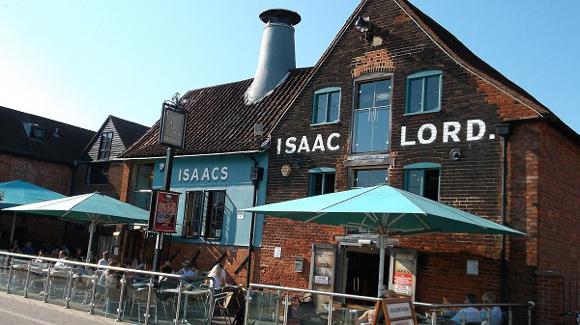

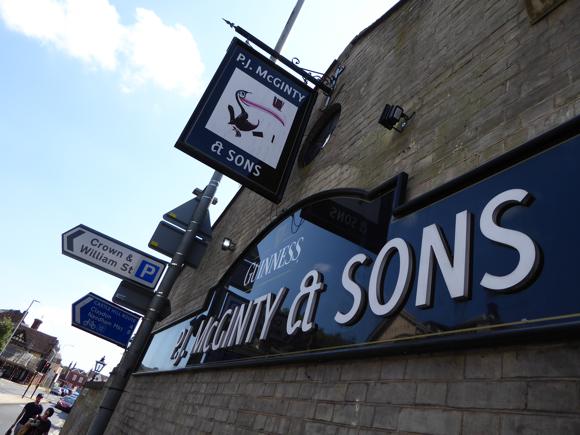
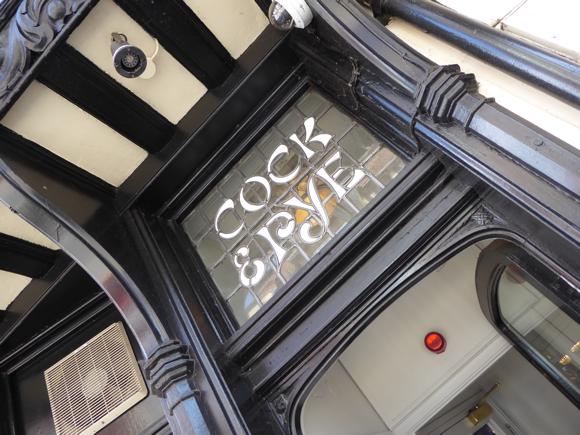


Without doubt, the best place for a beer is by the water. The Isaacs on the Quay goes big on TV football, displaying a full schedule of the month’s games to be broadcast, while offering seasonal and locally sourced food, live music on Sunday afternoons and craft ales from the nearby Briarbank brewery.
In the same family, the Gardeners Arms near the water on Fore Hamlet puts the focus on TV sport (14 HD screens and one HD projector screen) and live sounds, particularly local cover bands. Done out in signed shirts, TGA, as it calls itself, opens from 3pm during the week, noon at weekends.
For match action in a traditional pub atmosphere, the Halberd Inn, formerly P McGinty, is an authentic Irish bar on a quiet street corner, with live music and classic hearty food, including Sunday roasts. Nearby, The Cricketers is now the town’s main Wetherspoons in town, actually a Spoons makeover of a former pub. Also close, the Cock & Pye is a party-centric spot with drinks and food deals, and TV football action.
For a quiet pint, the Dove Street Inn specialises in cask ales but doesn’t ignore sport – mainly rugby, though. In similar vein, the Spread Eagle Ipswich reopened as a craft-beer outlet linked to Norfolk’s Grain Brewery, with barbecues on summer weekends.
Where to stay
The best hotels for the ground and around town

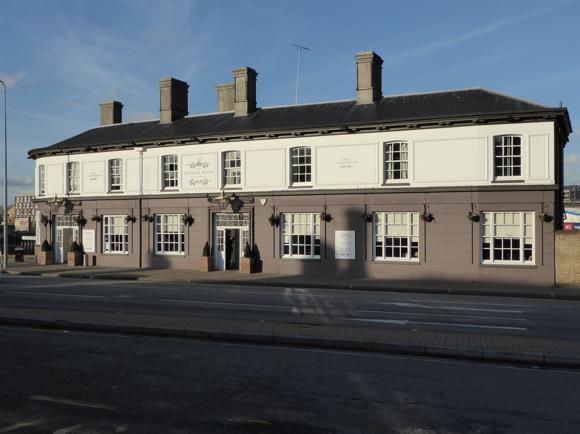

All About Ipswich has a database of local hotels.
Almost designed for the travelling supporter, the Station Hotel stands by the River Orwell, diagonally opposite the station it serves and 250 metres from the football ground on the opposite bank. Completely refurbished, its now swish rooms are both comfortable and affordable, the food is decent, the furnishings are tasteful and the bar operates as pre-match for home and away fan alike. Craft beers and TV sport complete the picture.
In the opposite diagonal to the station but still easily walkable to Portman Road, the pentahotel Ipswich has benefitted from the funky makeover seen across the brand, in terms of bar and bedrooms. Here there are 126 in all, each with a 42-inch flat-screen TV, rain shower, pay-for premium TV sports and, as they put it, ‘stealable toiletries’.
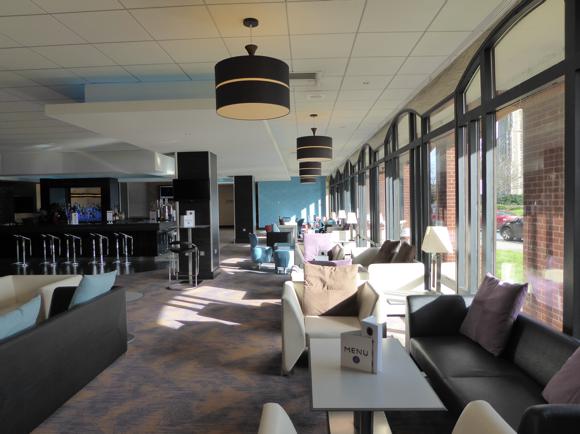

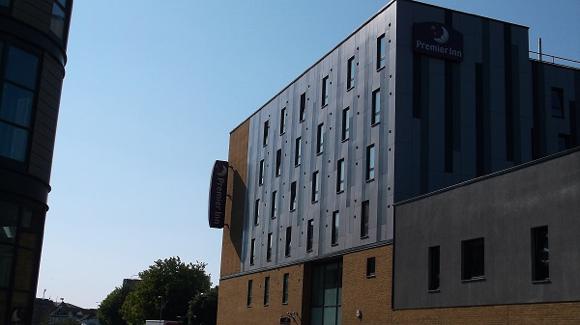

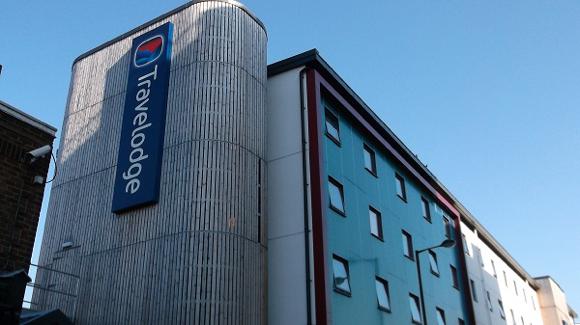
Just as close to the ground but from the opposite bank, the Novotel Ipswich Centre is a comfortable chain four-star with an open kitchen in the restaurant.
If immediate access to the stadium isn’t an issue, then the waterfront is the best location. Grouped around Neptune Marina a short walk from town, the Premier Inn Ipswich Quayside is close to the dock for River Orwell cruises. Slightly further along, the Salthouse Harbour Hotel is the contemporary boutique option, with individually decorated rooms and suites – plus a sassy bar and lounge.
Further round, the Travelodge enjoys the same waterfront setting but guests are warned about outside noise from the road below.


